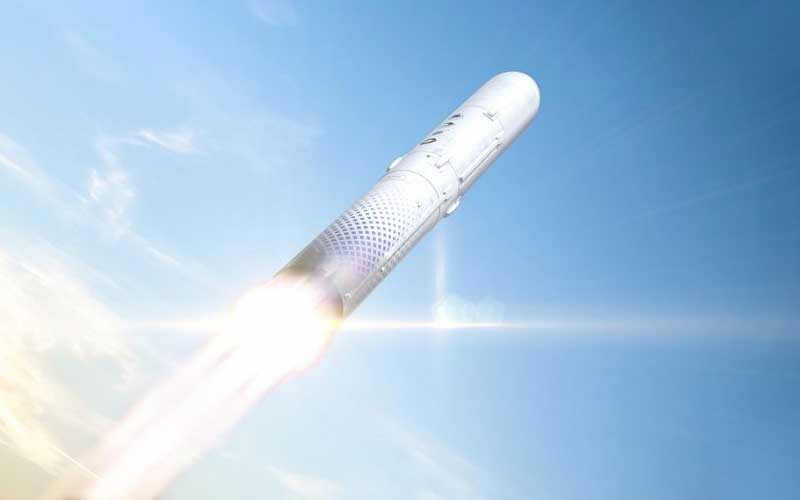
The European Space Agency aims to adopt a “Fair Contribution” policy for funding awarded as part of its European Launcher Challenge. If approved, funding will be allocated based on the outcome of the competition, allowing successful awardees the flexibility to decide how best to use their funds.
ESA announced its European Launcher Challenge initiative in November 2023, following the agency’s council meeting in Seville, Spain. The programme aims to incentivize the development of a diversified European commercial launch services market, offering multiple options for both institutional and commercial customers.
ESA’s push to exempt European Launcher Challenge awards from its geo-return policy was revealed during a media briefing following the agency’s 329th council meeting. ESA Director of Space Transportation Tolker-Nielsen explained that “there will be no constraints on geo-return in this request for proposals.” However, following a request for clarification from European Spaceflight, Tolker-Nielsen stated that these discussions were still underway.
“Discussions are ongoing for the European Launcher Challenge to adopt a so-called “Fair Contribution” concept, which aims to provide industry with the freedom to form consortia according to programme needs, free from geographical return constraints, while ensuring a balanced geo-return through mechanisms like contribution alignment based on procurement outcomes,” Tolker-Nielsen told European Spaceflight.
In its most basic form, the ESA geo-return policy ensures that companies in member states receive contracts proportional to their country’s financial contributions to ESA. While the policy does foster greater contributions to the agency, it can also add complexity to programmes, requiring supply chains to be spread across multiple European countries.
In a report commissioned by the EU and published on 9 September, former European Central Bank chief Mario Draghi identified the agency’s geo-return policy as a factor limiting Europe’s ability to develop disruptive launch solutions.
“The launchers and space transportation programmes driven by the ESA and its member countries have failed to react to this global technology evolution, due to complex decision-making, a governance structure characterised by a ‘geographical return’ principle, and the absence of a European preference approach.”
With the agency exploring the possibility of relaxing geo-return constraints for European Launcher Challenge awards, ESA is looking to gradually rework the policy to remove potential roadblocks to developing a diversified European launch market.

